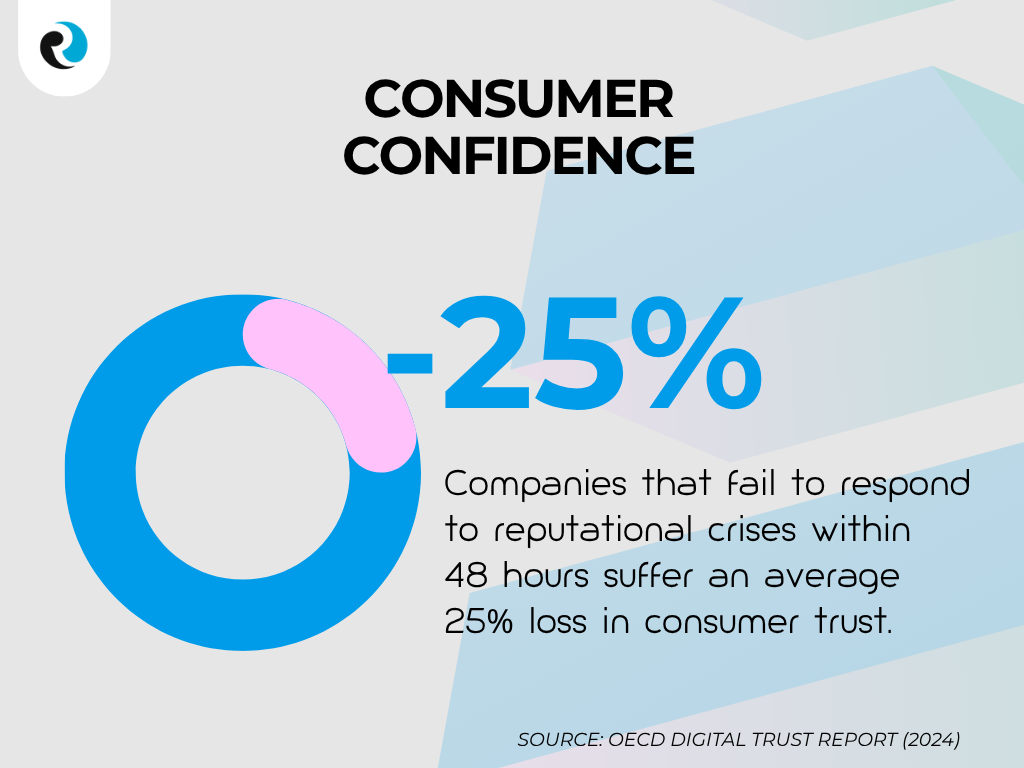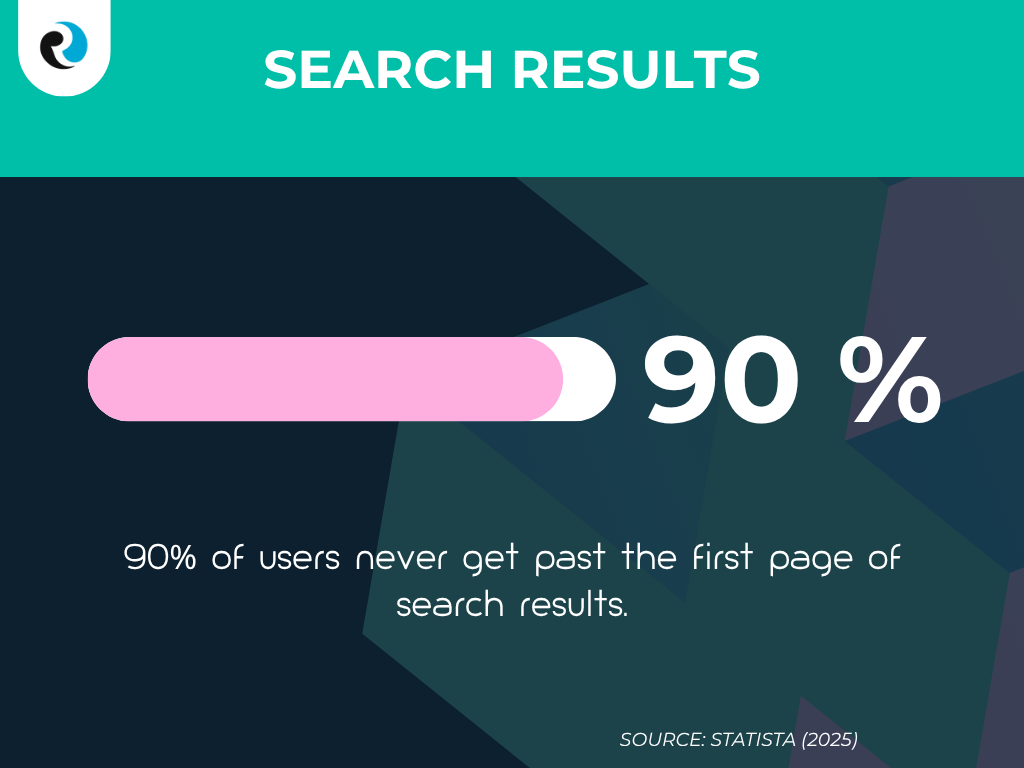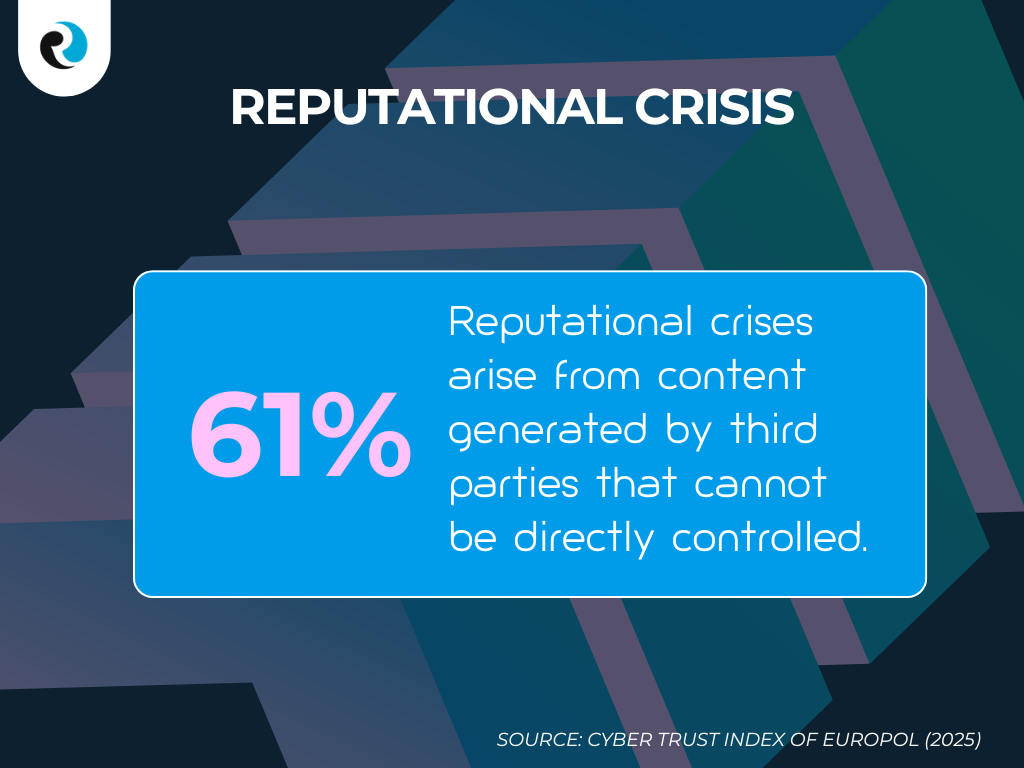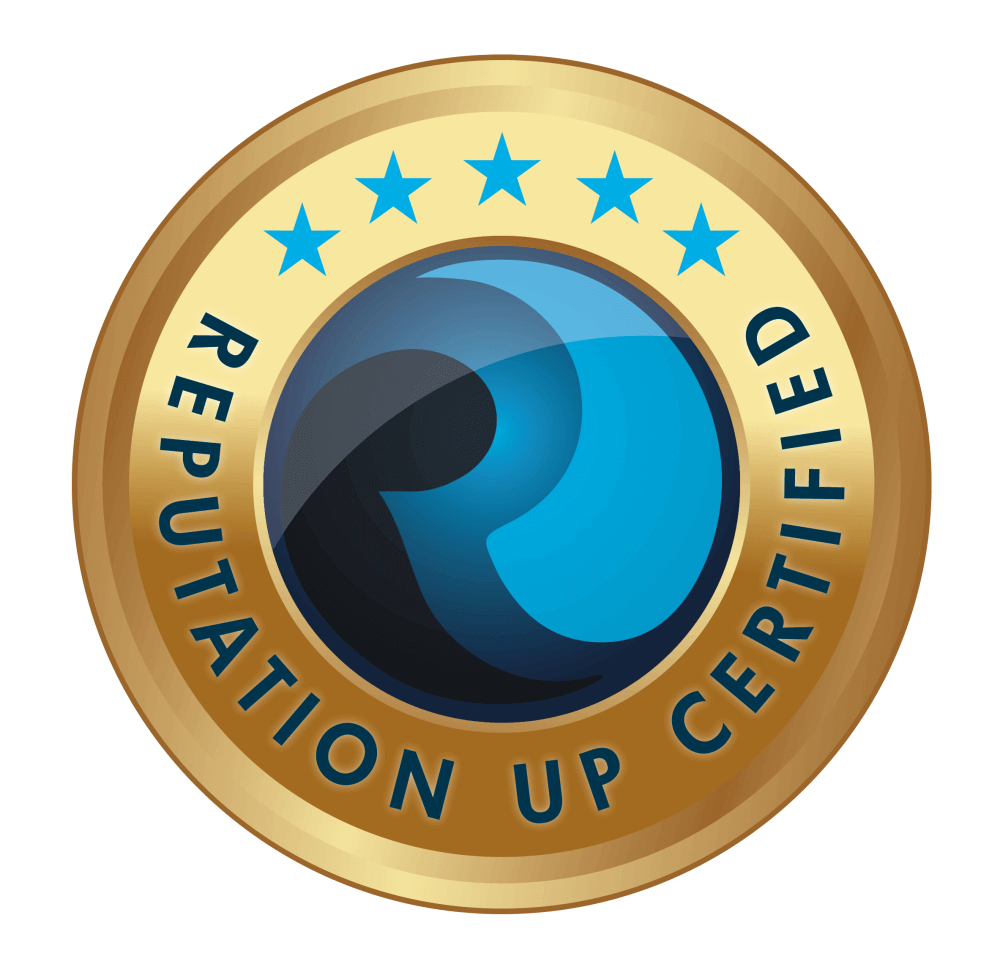Have you ever wondered what happens when someone types your name—or that of your company—into Google?
In a matter of seconds, the search engine returns articles, reviews, posts, and images that form a comprehensive picture of who you are. That perception determines whether they choose you or avoid you.
Today, online reputation is a strategic asset, as valuable as a trademark or patent.
A single negative piece of content can undermine years of work, drive away customers, and reduce public trust.
The Pew Research Center (2024) confirms that 71% of consumers check a brand’s online reputation before purchasing a product or service. Meanwhile, the Future of Professionals Report 2024 highlights that digital reputation and online presence have become key factors in how professionals are perceived in terms of competence and reliability, directly influencing career and collaboration opportunities.
This is why it is essential to know — and correct — the main mistakes in online reputation management.
In this article, we’ll discover the 5 most common mistakes in online reputation management and effective strategies to avoid them.
Ignoring Negative Content: The Digital Silence Fallacy
The first mistake, and perhaps the most serious, is not taking action when faced with harmful content.
Many companies think that ignoring a negative review or defamatory article will make it “go away.” In reality, Google’s algorithm tends to reward content that generates engagement, even if negative, amplifying its visibility.
Leaving harmful content online means allowing it to define your reputation.

“Reputation is like a digital wound: ignoring it means letting it get infected,” explains Andrea Baggio, CEO of ReputationUP.
How to avoid it:
The solution is continuous monitoring of online mentions. Through ReputationUP’s reputation monitoring service, you can identify harmful articles, posts, and reviews in real time. Experts analyze the impact of each piece of content and intervene with targeted strategies: removal, de-indexing from search engines, or creation of positive content to restore visibility.
Online, silence is the most dangerous response.
Reacting impulsively to criticism: the emotional trap
Receiving an unfair review or offensive comment can be frustrating. Many brands—or public figures—make the mistake of responding impulsively, aggressively, or defensively.
The result? A simple complaint turns into a viral image crisis, amplified by social media.
The phenomenon is known as the Streisand Effect: attempting to defend oneself incorrectly increases attention on negative content. According to a study published in Frontiers in Communication (2025), reputational crises intensify significantly when a company’s initial response on social media is impulsive or poorly planned, demonstrating how digital communication plays a crucial role in managing online emergencies.
How to avoid it:
Strategic communication is key. Every public response must be thoughtful, transparent, and consistent with the brand’s values.
ReputationUP develops customized crisis management plans, which include:
- reputational risk analysis,
- definition of the institutional tone of voice,
- guidelines for public communication,
- support in moderating conversations on social media.
Learn how to manage an image crisis with online reputation management.
Underestimating SEO: What You Don’t Control, Controls You
Another common mistake is neglecting Search Engine Optimization (SEO), that is, the management of search engine results.
Many professionals think that a good website or well-maintained social media profiles are enough, but the reality is different: if the first results on Google show negative articles, trust is already compromised.

How to avoid it:
You need a reputational SEO strategy, which combines:
- negative content positioning analysis,
- creation of positive articles, interviews and press releases,
- keyword optimization,
- digital PR to spread authoritative content.
Reputation Management service integrates SEO and communication skills to highlight positive results and hide harmful ones. In parallel, the new guidelines from the European Data Protection Board (2024) recognize the right to a “fair digital reputation,” underlining the importance of actively managing online visibility.
Neglecting Review Management: The Voice of the Public Is Your Reputation
Reviews are one of the most influential tools in brand perception today. According to Forbes (2024), online reviews and ratings have a decisive impact on purchasing decisions: customers tend to avoid companies with recurring negative feedback, preferring brands that respond actively and transparently to user comments.
However, many businesses make fatal mistakes:
- they ignore the reviews,
- they respond inappropriately,
- they purchase fake reviews (risking legal sanctions).
These practices damage trust and can backfire on reputation. Transparency, however, is key to building lasting credibility.
How to avoid it:
Managing reviews means listening and engaging. Responding to criticism professionally, apologizing when necessary, and valuing positive comments shows empathy and solidity.
With ReputationUP you can monitor all review platforms, report fake content and remove harmful reviews.
“Every review is an opportunity to improve brand perception. Even the negative ones,” says Andrea Baggio.
Careful review management transforms feedback into a tool for reputation growth.
The false myth of the “one-time fix”
The fifth mistake, and the most subtle, is believing that online reputation can only be managed when there’s a problem. In reality, reputation is an ongoing process, requiring daily attention.
The web is a dynamic ecosystem, where every new piece of content—a news item, a comment, or a tweet—can change the public image of an individual or brand.

How to avoid it:
You need a proactive reputation strategy, which includes:
- constant monitoring of digital channels,
- continuous updating of positive content,
- staff training on the conscious use of social media,
- partnership with crisis management experts.
ReputationUP offers ongoing reputation management plans, designed for companies, politicians, professionals and individuals.
Through ongoing analysis and tailored interventions, it ensures stable protection over time and the ability to respond immediately in the event of critical issues.
Conclusion: Reputation is built every day
In the hyperconnected world, your online reputation is the sum of others’ perceptions of you. Ignoring, reacting poorly, or improvising aren’t options: precise strategies, technical expertise, and consistency are required.
Avoiding the five mistakes described means turning your digital presence into a competitive advantage.
With the support of ReputationUP, you can not only defend yourself from negative content, but build a solid, positive and credible reputation.
Frequently Asked Questions (FAQ)
Ignoring negative content. Leaving damaging articles or reviews unanswered undermines credibility and amplifies the problem over time.
Yes. There are technical and legal procedures that allow the removal or de-indexing of harmful web pages.
ReputationUP offers this service quickly and confidentially.
The key is not to react impulsively. It requires a clear strategy, controlled communications, and the assistance of crisis management experts like the ReputationUP team.
Yes. You can report and remove untrue or defamatory reviews on Google, Trustpilot, or TripAdvisor using negative review removal services.
It depends on the level of damage and the dissemination of negative content.
With a personalized reputation management plan, initial results are visible within a few weeks.
No. It’s an ongoing process. Reputation monitoring helps prevent problems and maintain public trust over time.

